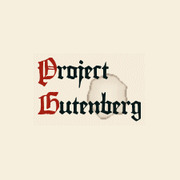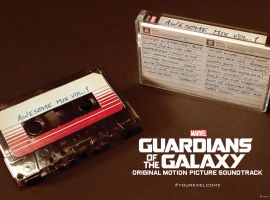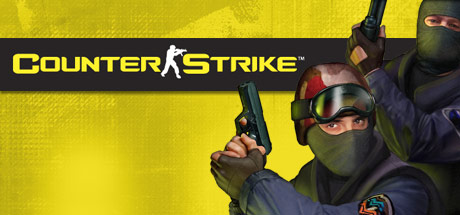What a great question to end the
course! To answer it, I turn to a paper that I had written about on record keeping in the Inca Empire. As they didn’t have a “traditional” writing
system, they used knotted coloured cords known as quipu or khipu to record all aspects
of societal data, transactions and distribution. The quipu was used within their
administrative areas such as for census, finance, legal, agriculture, labor and more. Research has also suggested that the quipus were also used to tell narrative stories, like about war battles and information on genealogies and place names (National Gallery of Australia, 2016).
Example of a quipu from the National Gallery of Australia.
While it is known what purposes the quipu was used for, scholars have yet to know how to read the knotted cords. If I could travel back in time to when
the Inca Empire flourished, I would tell them about the great interest people would have
on their type of writing system in the future, and how we as humans have a
desire to learn and discover the ancient and historical past in regards to the
future of books and reading. With the issues people have in trying to
decipher the quipus, I would also tell them they should safe guard a "Holy Grail" translator
of sorts that can be used to read the artifacts, since as of now it has yet to be discovered.
Overall, this shows that while the format of the book has evolved from print to digital, we as an advancing society always look to finding ways of understanding the readings and writings of the past, so that we can better shape and preserve them for the future to learn of our evolutionary state.
All the best,
- Raquel
Image and Source:
National Gallery of Australia. (2016). Gold and the Incas Lost Worlds of Peru. Retrieved from http://nga.gov.au/exhibition/Incas/Default.cfm?IRN=227101&BioArtistIRN=41379&MnuID=3&GalID=7&ViewID=2






